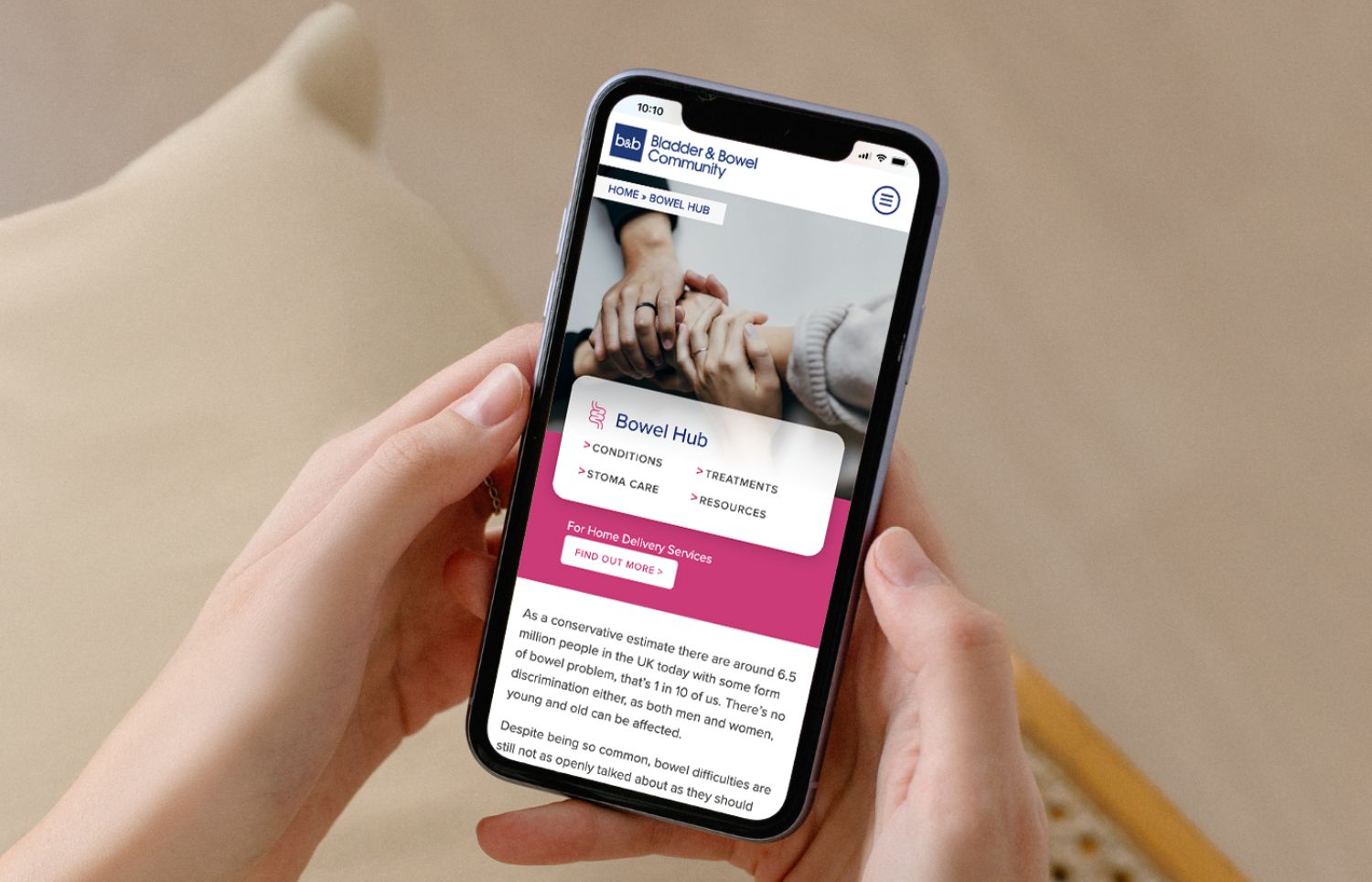Published on 20/6/17
Being a family carer is a demanding role and one which entails lots of different responsibilities. Carers often bear considerable physical, emotional, and financial burdens – it’s true that carers are unsung heroes. It’s understandable that carers need extra support at times, support that is certainly deserved. But where can carers turn to find this support?
Professional Advice and Support
It’s so important to get the help that you’re entitled to as a family carer. However, knowing where to turn to for support can be extremely confusing. Professional advice and support can often make a huge difference to your life as a carer. From doctors to social workers, there are lots of people and organisations who may be able to give you the help your loved one needs or at least point you in the right direction to get it.
Try speaking with some of the following to see what help or advice is available:
- Your loved one’s GP
- Charities working in care, e.g. Carers UK
- Independent Care Advisors (to develop a personalised care plan)
- Independent Financial Advisors (to manage your loved one’s current and future finances)
- Your local authority
Local Authority Support
Care is expensive and it can be difficult to know how you are going to pay for it. Fortunately, depending on your situation, you and your loved one may be eligible for local authority support. Local Authority support comes in several different forms, including:
- Carer’s Allowance / Carer’s Credit
- Support and Needs Assessments
- Carer’s Assessments
- Funding for home improvements
Carer’s Allowance
Carer’s Allowance is the main state benefit for carers and is currently £62.70 per week. Entitlement depends on whether or not you meet the eligibility criteria and on the overlapping benefit rules, whereby if you receive more than the amount of Carer’s Allowance from another listed benefit, you will not be entitled to Carer’s Allowance. If you don’t meet these criteria you could receive Carer’s Credit.
Applying for Carer’s Allowance is a quick and easy process. To do so, fill out the short application form found at this link – GOV.UK – or print of the form and apply by post.
Support and Needs Assessment
Your loved one may also be eligible for local authority funding which could reduce your financial and care responsibilities. Care is means tested and depends on the savings and capital of your loved one. If they have assets over £23,250 (excluding their home) they’ll pay for their own care – in fact, 57% of elderly people contribute towards their own care. The value of their home is only included if they’re moving into residential care.
Eligibility is calculated through a care assessment. Local authorities are obliged to provide care assessments to anyone who requests one and family carers are also entitled to one too. You can find out more about care assessments from the NHS’s guide to Local authority funding for care.
The BBC’s Care Calculator is a useful tool to figure out whether you qualify for local authority support and how much financial support you can expect.
Carer’s Assessment
The new Care Act states that unpaid carers have the right to further support from local authorities. As such, respite care may be provided by your local authority. This will be determined by a Carer’s Assessment. Every unpaid family carer, irrespective of financial circumstance, is entitled to a carer’s assessment. If you’re eligible for financial support, you can ask for a direct payment to hire a carer. Alternatively, you can use the direct payment to pay for a supported holiday for both you and the person you’re caring for.
SuperCarers, an online introductory service matching families with local carers, hosted free Care Advice sessions in local John Lewis stores last week.
For Carers Week (12-18 June), John Lewis invited care company SuperCarers to run a series of drop-in advice sessions for anyone thinking about care for an elderly loved one.
Although the sessions are now finished, our trained care advisors are happy to provide you with general advice and support to help you understand your care options. You contact us by e-mail at hello@supercarers.com or give us a call on 020 8629 1030.








